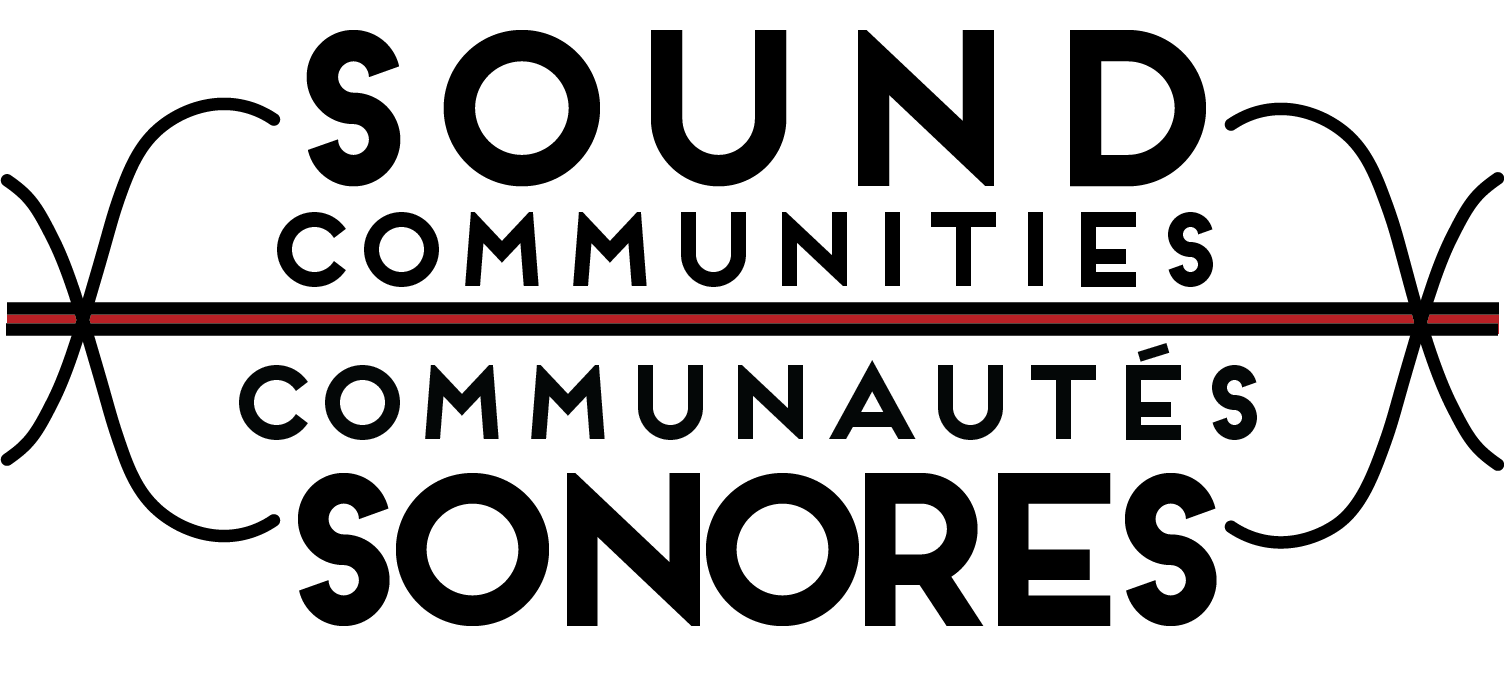Lesson Hub 1:
Netukulimk: Respect, Relationship, Responsibility, Reciprocity in Mi'kmaw Music (3rd–5th Grade)


What does
Netukulimk
mean to you?
The overarching essential question for Lesson 1 is:

Wapna'kik: The People of the Dawn, by George Richard Gloade. Smithsonian Folkways Reordings.

This lesson introduces several Mi'kmaq words and phrases.
Pre-Lesson: The Mi'kmaw Language
Before you begin, watch this short video, which provides an introduction to the fundamental features of the Mi'kmaw language.
Fundamental Features of the Mi'kmaw Language with Starr Paul. Centre for Sound Communities.
20+ MIN
Netukulimk: Respect, Relationship, Responsibility, Reciprocity
MUSIC LISTENING
CREATIVE CONNECTIONS


"Mukla'qati": An Introduction to the Four R's

30+ minutes

Path 1

Kitpu (Eagle) images created with the assistance of ChatGPT.
Kitpu
Mukla'qati





"Mukla'qati": Nutm
What do you hear?





"Mukla'qati": Anakita'si
What do you think?



"Mukla'qati": Pipanikesin
What do you want to ask?

The Place: Mukla'qati

This song, "Mukla'qati," is about a mountain in Unama’ki (Cape Breton, Nova Scotia, Canada) that is sacred to the First Nation Mi'kmaw people who live there.
Unama'ki

Mukla'qati Mountain, Near Kluskap Cave. Mi'kwawey Deseret Centre.
According to the musicians who recorded this song, "Mukla’qati was very sacred to our ancestors; therefore, it is very sacred to us."

Geography Connections


Click the image to access this coloring page!
Left: Political World Map, by U.S. Central Intelligence Agency. University of Texas Libraries. Right: Turtle Island Coloring Page, by Gerald R. Gloade. Mi'kmawey Debert Cultural Centre.
Mi'kmaq First Nations in Nova Scotia

Unama'ki is an island located in Mi'kma'ki, the ancestral and unceded territory of the Mi'kmaw people.
Image Caption.

Click on the map to reveal Unama'ki and the names of its five Mi'kmaq nations.
There are thirteen Mi'kmaq First Nations in Nova Scotia, and five in Unama'ki.
Nova Scotia Mi'kmaq First Nations. Government of Nova Scotia.
Unama'ki / Cape Breton
The name Unama'ki means "land of the fog".

Cabot Trail, Cape Breton, Nova Scotia, by Kiril Strax, CC BY-NC-SA 2.0, via Flickr.
The land is composed of rocky shores, rolling farmland, glacial valleys, barren headlands, highlands, woods and plateaus.



The Music Makers: Sons of Membertou

Sons of Membertou is a musical group that performs the traditional music of the Mi'kmaq.
Sons of Membertou, by Barry Bernard. Smithsonian Folkways Recordings.
The Sons of Membertou believe it is their responsibility to preserve Mi'kmaw culture and language through music and dance—especially sharing it with the young people of their nation.


Attentive Listening With Two Ears

Let's listen to an excerpt from the song "Mukla'qati."
Are there any sections that are repeated? Do you hear any contrast?


How does the music make you feel? What style of dance could you dance to this song?
What else do you notice about the song?


Engaged Listening With Two Ears

Can you feel the heartbeat of the song and move to it in some way?


Can you hear the change?
Can you respond to the change?
When you are ready, sing along with the chant part of the song comes back again.


"Mountain Mukla'qati": A Musical Story

Next, we will explore the meaning of this song's words.



Interpret the Song / Story:

Why is the mountain (Mukla'qati) sad?

Why is this mountain so special to the Mi'kmaw people in Unama’ki?
What does Mukla'qati want the Mi'kmaw people to do?
Unama'ki Landscape, courtesy of Graham Marshall.
Mukla'qati and the Four "Rs" of Netukulimk

Respect
Responsibility
Relationship
Reciprocity

Graham Marshall Tells the Story of Mukla'qati. Centre for Sound Communities.

Netukulimk, by Tasha Ryne-Ramsay, Damian Ciancio, and Ida J. Denny. Ni'gweg Collective.

Netukulimk with Clifford Paul. Ulnooweg Education Centre.
Reflect:

What does Netukulimk mean to you?
What can we do right now as a classroom community that would reflect the 4 R’s of Netukulink?


Optional Activity: Language Review






Unama'ki
kitpu
Mukla'qati

pipanikesin
nutm
ankita'si
Match each Mi'kmaq word with an image that represents its meaning. Click on the words to see if you are right!
Learning Checkpoint
-
What did you notice / identify as you listened to the song "Mukla'qati" using two ears?
-
What is the song "Mukla'qati" about?
-
What does Netukulimk (an important way of life for the Mi'kmaw people) mean to you?

End of Path 1: Where will you go next?

Continue to Path 2:
"Tan Wetapeksin": What Are Your Roots?

Skip to Path 3:
"Etuaptmumk": Looking Forward
Return to Pathway homepage:
Sound Communities
COMING SOON!
Advance to the next Music Listening Path:
Balafón in Cape Breton
Sound Communities - Lesson 2, Path 2
COMING SOON!
COMING SOON!
COMING SOON!
Lesson 1 Media Credits

Audio courtesy of
Smithsonian Folkways Recordings
Video courtesy of
Centre for Sound Communities
Images courtesy of
Smithsonian Folkways Recordings
Centre for Sound Communities
Mi’kmawey Debert Cultural Centre
University of Texas at Austin, PCLP Map Collection
The Word & Image Studio
Written collaboratively by:
Graham Marshall, Starr Paul, Leim Joe
© 2024 Smithsonian Institution. Personal, educational, and non-commercial uses allowed; commercial rights reserved. See Smithsonian terms of use for more information.
For full bibliography and media credits, see Lesson 2 landing page.




